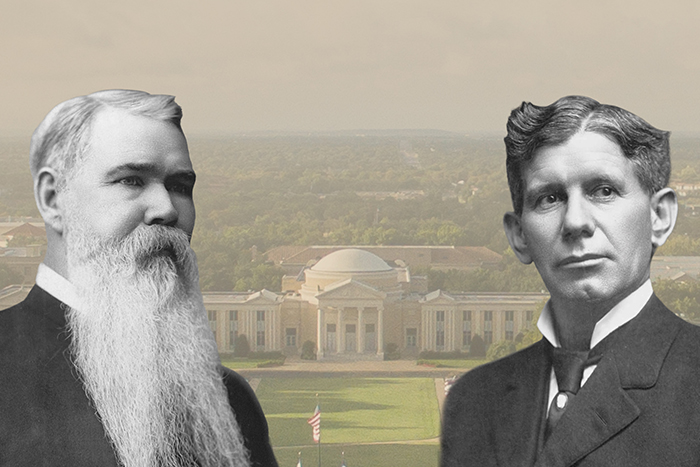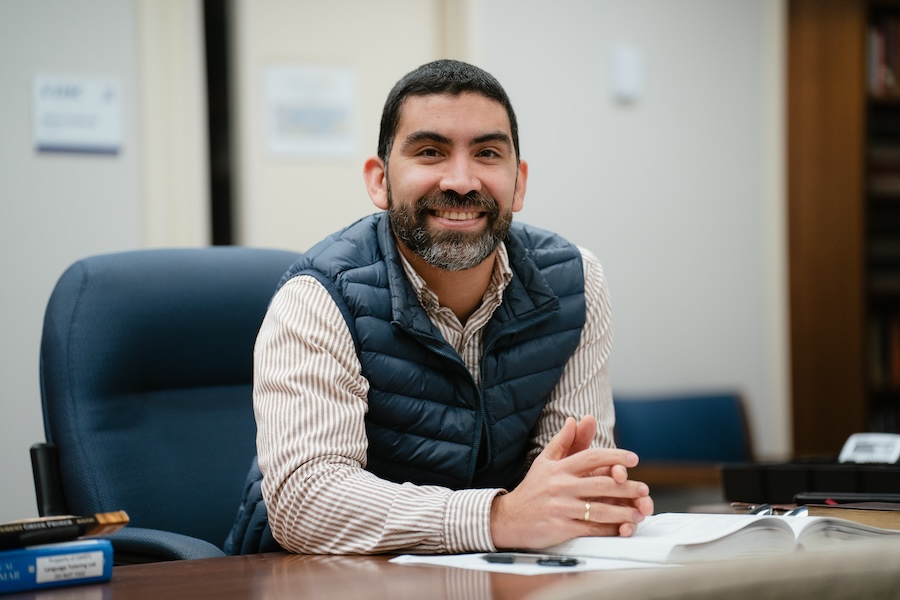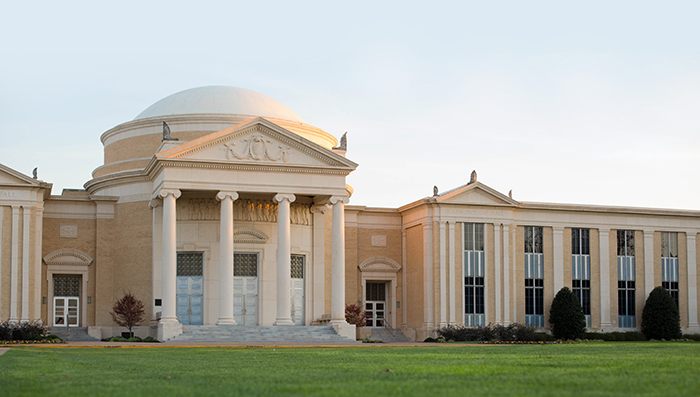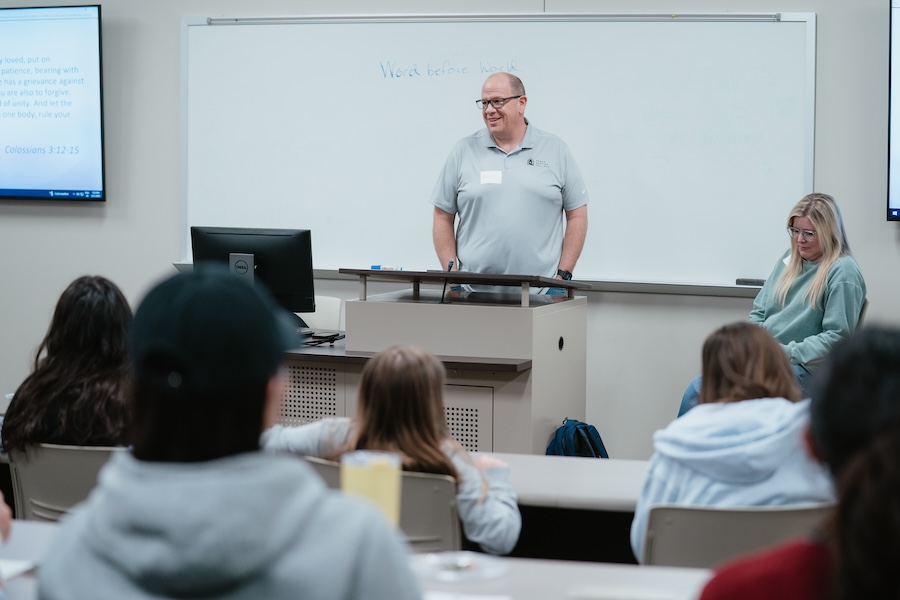A LEGACY OF SOUL-WINNING: Cowboy life helped Scarborough prepare for preaching

Editor’s Note: The following is part of an ongoing series examining the evangelism experiences of significant figures from Southwestern Seminary’s history. This story is taken from Lee Rutland Scarborough: A Life of Service, written by former Southwestern faculty member H.E. Dana.[1]
Since the earliest days of his youth, L.R. Scarborough worked hard to become skilled as a cowboy. A keen devotee of his cowboy-preacher father, George, Scarborough focused on emulating his life. While he became expert in the duties of a cowboy, he found opportunities to preach as well.
Scarborough believed that the cowboy life contributed greatly to his preaching. It gave him insight into the thoughts of the average working man, gave him a genuine appreciation for the common laborer, and taught him how to approach men to broach the subject of salvation.
“From the art of throwing the rope to catch any part of the cow—forefeet, hindfeet or horns—I have been tremendously helped in casting the Gospel net to catch the souls of men,” he said.
While a preacher in Cameron, Texas, Scarborough was engaged in a revival meeting at a nearby country church. “A group of wild, thoughtless boys attending the meeting were making considerable disturbance on the outside while the service was in progress,” H.E. Dana writes. A few days later, the boys came to the house where Scarborough was staying and began to stir up the calves there, then ran away when they saw Scarborough approaching.
Scarborough persuaded them to come back and let him show them how to rope calves. “He roped 12 of them in succession without a single failure,” Dana writes. “The boys agreed that if he could do that well with a rope, they wanted to hear him preach.”
In three days, Scarborough had won 14 of them to Christ and baptized them.
The cowboy life served Scarborough well as a preacher-evangelist for decades to come. Over a period of 30 years, Scarborough preached more than 500 times a year, raised millions of dollars for institutional and denominational causes, and contributed to every cause championed by Southern Baptists. At the same time, he avoided “the extreme sin characteristic of the wild life of those days,” Dana writes.
“His physical form would have collapsed under this strain had it not been well prepared to endure hardness,” Dana writes. “God gave him the cowboy’s physical endurance, but saved him from the cowboy’s moral dissipation.”
[1] H.E. Dana, Lee Rutland Scarborough: A Life of Service (Nashville, TN: Broadman Press, 1942), 30-35.



